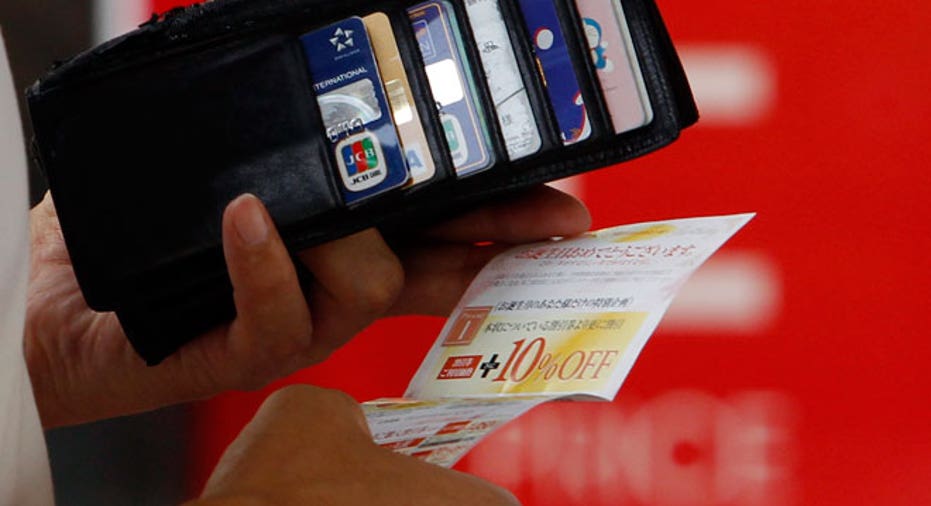Have Financial Regulators Gone Too Far in Support of Stay-at-Home Spouses?

In an effort to ensure that only people who can afford new credit lines get them, financial regulators included an ability-to-pay provision in the Credit CARD Act of 2009. Unfortunately, the provision, which requires a potential credit card holder to list independent income on applications, had an unintended consequence for more than 18 million Americans.It makes credit building difficult for stay-at-home spouses, and that can have implications across their lives, from insurance premiums and loan terms to job prospects and lease eligibility.
Stay-at-home spouses opposed the rule, pointing out how it hurts their financial circumstances and the CFPB responded by recommending a rule change that would allow credit card seekers to apply using third-party income. But this solution still doesn’t solve the problem; it’s just another way of saying household income.
As we saw prior to the Great Recession, allowing the mismatched use of household income and personal debts to eligible just doesn’t work. There are indeed a number of reasons why:
- Credit card companies can’t properly assess risk: What’s the difference between two credit card applicants with $40,000 in annual income and $100,000 in debt obligation? There is none, both are listing individual income and debt, and that’s a certainty under the current system. On the other hand, the CFPB’s proposed changes could make an applicant who isn’t working seem like they have $40,000 in income and no debt (if the amounts owed are under their spouse’s name).
- Credit card terms naturally regress: In a system that requires the use of independent income on credit card applications, banks know exactly which applicants merit a 5% interest rate and which deserve a 10% rate, for example. However, it’s harder to tell when underwriting is muddled by household income, so banks inevitably split the difference and give more people 8% rates. That’s obviously a basic example, but it just goes to show how an unbalanced household income/personal debt system promotes mediocre credit card offers for everyone.
- It’s easier to default: In addition to offering less attractive credit cards, the inability to assess risk will inevitably lead banks to approve applicants who can’t afford the credit at their disposal.
- Healthy banks are important to the economy: There’s a reason why we refused to let the big banks fail during the recession: The combined assets of the five biggest banks in the U.S. equal about 56% of the nation’s GDP and these companies together account for close to one million jobs. When they struggle, we all feel the impact due to unemployment, market losses, and tightening credit availability.
Interestingly, this doesn’t mean stay-at-home spouses are out of luck. We just have to go back to the drawing board. To get us started, here are two suggestions that together could make it easier for people without steady income streams to access credit without jeopardizing the soundness of US banking institutions:
- Require issuers to offer joint credit card accounts: A lot of people confuse being an authorized user on a credit card with having a joint credit card account. However, while the former merely entails having certain spending privileges on someone else’s account and does not provide full credit building benefits, the latter is truly a shared account. Both parties list their income, debt obligations and Social Security Numbers on applications. Both are liable for debt and have usage information relayed to their individual credit reports on a monthly basis.
- Exempt secured cards from income verification: By definition, a secured credit card requires the user to place a refundable security deposit that acts as their credit line. The purpose of this is to prevent the cardholder from spending more than they can afford and ensure that the issuer gets paid back. In doing so, it makes having a consistent independent income source unnecessary.
The combined effect of these two measures would be to give stay-at-home spouses two clear avenues to access credit, one of which is completely autonomous. And the best part – this approach wouldn’t put our financial system in jeopardy or encourage more consumers to get into debt.
That sounds like a win-win to me. What do you think?
Odysseas Papadimitriou is the CEO of Card Hub, a leading credit card comparison website, and Wallet Hub, a new personal finance social network where you can read reviews on financial professionals and companies.



















